Artifact, Valve’s card game has now officially released and after spending more hours than I will ever admit playing it, here’s some of my own thoughts while played on Linux. Tested on NVIDIA, I don't have an AMD GPU on hand.
Also, before we get into anything, let's note that this is the first Valve game to arrive with Linux support at release!
"We hope all gamers enjoy Artifact, especially fans of Dota 2 and card gaming enthusiasts," said Valve's Gabe Newell. "Working with Richard Garfield has been an incredible opportunity for everyone at Valve, and we look forward to expanding the game with him based upon feedback and input from the community."
Note: Key provided by Valve
I’m a huge fan of card games, however, I rarely get a chance to leave home and go out and play them. For many reasons including money for travel, real life friends or just being too busy. This is why I personally love playing them on PC, it frees up those issues and many more for me. To this day though, there hasn’t really been a trading card game available for Linux that has really hooked me—until now.
"Working on Artifact has been fantastic - a digital card game which really leverages what is made possible by the medium rather than being limited by it," said Richard Garfield. "That has been a long time dream of mine and Valve has been a terrific partner in the development."
I will cut to the chase early on this one, I honestly really do enjoy it. I find it extremely engrossing! It’s certainly not going to be for everyone, but in terms of the gameplay I think they’ve hit a bit of a sweet spot for complexity versus fun.
It's not just a game, they're also doing some comics to expand the Dota universe. Valve say that they aim for Artifact to be more than just a card game, something which will include a "shared universe with a storyline that will deepen the history, expand the world, and change the fates of the heroes of both games". You can see the first comic, Prelude, right here. The second, Call to Arms, released today which you can find here.
As for the game itself, the gameplay is split across three lanes, like Dota 2 itself, which certainly makes it extremely different to any other comparable card game. You are, essentially, playing three games at the same time. It’s a little nuts, but it doesn’t actually take you all that long to get to grips with it. The overall mechanics aren’t actually that difficult, however, it does still obviously require a lot of time and effort to truly become good at it... something I will openly admit to not being, I suck. Games aren’t always about winning though, if you enjoy it while you fail and possibly learn from it to try something fun for the next game, that’s enough to keep me going. That's the key I've found with it, while it can be frustrating, I've always seen rather clearly what I could have done better and that frustration gets turned around pretty quickly as I queue up for "just one more go".
For a card game, it feels surprisingly alive too. Tons of little touches add up to a vibrant and constantly engaging experience. From the river in the centre passing through all three boards, to some recognisable sounds from Dota 2 and your little familiar practically wetting himself in fear when your tower is about to fall.
There's a lot of game mechanics that I appreciate with the gameplay. You have all the usual suspects like cards that will buff up other cards, spell cards to dish out the pain to your opponent and special improvements to place on your side of the board which can be truly menacing. I went up against a player online, who had a big focus on "improvement" cards which did all sorts of things and it certainly made for an entertaining game. These improvement cards can dish out damage to enemies at the start of a round, replenish your mana to play more cards, attack a single card across any lane and so on. If you manage to combine a few of them in the same lane, the results can be devastating to the other player.
It's the hero system that I especially like, each coming with their own unique ability. On top of that, hero cards also have equipment slots. After you've played an entire round across each lane, you go through a shopping phase where you spend money earned by taking down enemies, this is where you will be able to pick up healing potions for cards, equipment to put on your heroes and so on. What truly makes it interesting, is that when a hero is cut down they will keep their equipment ready for when you get to bring them back into play in a couple of turns. Perhaps you want to strengthen a particular lane, but all your hero cards are already in play? You can also get a card to return them to the fountain, to then place down in a different lane later on. It's all the gameplay elements like that, which keep it thoroughly interesting to play.
The multi-lane approach has tripped me up a good few times. It's a little too easy to become overly focused on how you're doing in one lane, which can result in some spectacular failure. Winning in Artifact can be done in two ways: You can take down two towers in any lane or take down one tower and the Ancient that replaces it in the same lane.
There's never a dull moment in Artifact, that's one thing I'm absolutely certain on. I've seen some extremely varied decks when playing online. In a game I had only earlier today, my opponent had cards to constantly replenish their mana to play more cards, while also constantly locking my cards for a turn. Something I thought was equal parts clever, amusing and annoying.
Even with the annoyance of some of my cards being locked for multiple turns, it all gets turned around when you see your little familiar fly over to the enemy's tower and laugh at it as you're about to annihilate them and win the game. At least, that's what I would like to say, unfortunately for me my enemy had the Zeus hero unit, whose ability annihilated all remaining cards I had in the lane that would win me the game…as I said, never a dull moment.
Artifact offers up multiple game modes, depending on how you're feeling.
- There's Solo Play bot matches so you never need to face anyone online, which can be quite interesting since bots can play cards you don't own.
- Social Play will allow you to face off against friends, Open Play which essentially shows you in a list for people in the same Steam groups as you (join our GamingOnLinux Steam Group!) to match up and player created tournaments.
- Casual Play will allow you to play online against anyone globally, a Constructed mode where you pick a specific deck and attempt to win a series of games with that single deck and then a Phantom Draft mode which lets you make a new deck and edit it before matches.
- Finally, we come to the Expert Mode which is similar to the Casual Play mode with one major difference—you can win prizes, but this comes at a cost.
That cost, can be Tickets you pay for in a bundle or for the Expert Keeper Draft mode, both Tickets and Booster Packs. Sure, there is an element of increased adrenaline-based excitement because you really don’t want to lose anything, which adds an curious element to it. However, for a game you’ve already spent money on to play and will likely spend more money on to buy extra packs of cards, it just doesn’t feel right having some modes so limited like this. Considering it costs $4.95/£3.95 for only five tickets, that works out to be quite expensive just to play in certain game modes if you’re not good enough to win extra tickets. You can turn unwanted cards into tickets too, although that's at a cost of 20 cards to one ticket which doesn't seem like great value.
On top of that, for a game that isn't free to play, it certainly can end up costing you a lot of money after your initial purchase. There's been a lot of talk about Valve's monetization model with Artifact with it being rather costly in the long-run when buying extra cards. For reference, here's the pricing:
Buying it for $19.99/£15.99/€17.95 will give you:
- 5 Event tickets
- 2 Complete Decks
- 10 Booster Packs
Booster Packs can be purchased in-game for $2/£1.50/€1.75 and will include:
- 12 random cards
- At least one card is a rare
Such packs do have an element of gambling to them, since you have no idea what you're getting. That can end up being a lot of money if you don't get the cards you want. Exactly like real-life packs though, but still worth mentioning of course. To me, the cost of the Booster Packs are pretty reasonable though, as someone who buys his kid Pokemon cards often which are quite a bit more expensive (and his collection is rather large…).
Although the Draft mode you can do can offset that somewhat, since you pick different cards each time to construct decks. This way, no one has any kind of edge over the other based on cards they own. That's a pretty big thing, especially for those who don't want to spend any extra.
A deal-breaker for some, might be the fact that there’s no actual ranking system. Like a lot of other games have, competitive play in Artifact doesn’t give you any special rank or badges and so there’s no real feeling of progression outside of either winning or losing. Valve are listening, as they said on Twitter that "Progression is top on the list of things we want to tackle post-launch!".
I do like the fact that I don’t need to chat to people while playing online, for me that’s actually a big bonus. I don’t want to see trash talk or anything, I want to focus and relax. Not that the game is actually relaxing by any stretch, it can suddenly become a very nerve-racking game at any moments notice.
The Linux version has been working really well for me. It hasn’t crashed a single time and they've improved performance since the earlier beta builds, so it's now incredibly smooth for me.
Overall, I like it a lot and will no doubt continue playing it, but I would like it a lot more if there was an actual progression system, plus more ways to earn tickets and cards outside of giving Valve even more money.
You can find Artifact on Steam.
Trailer:
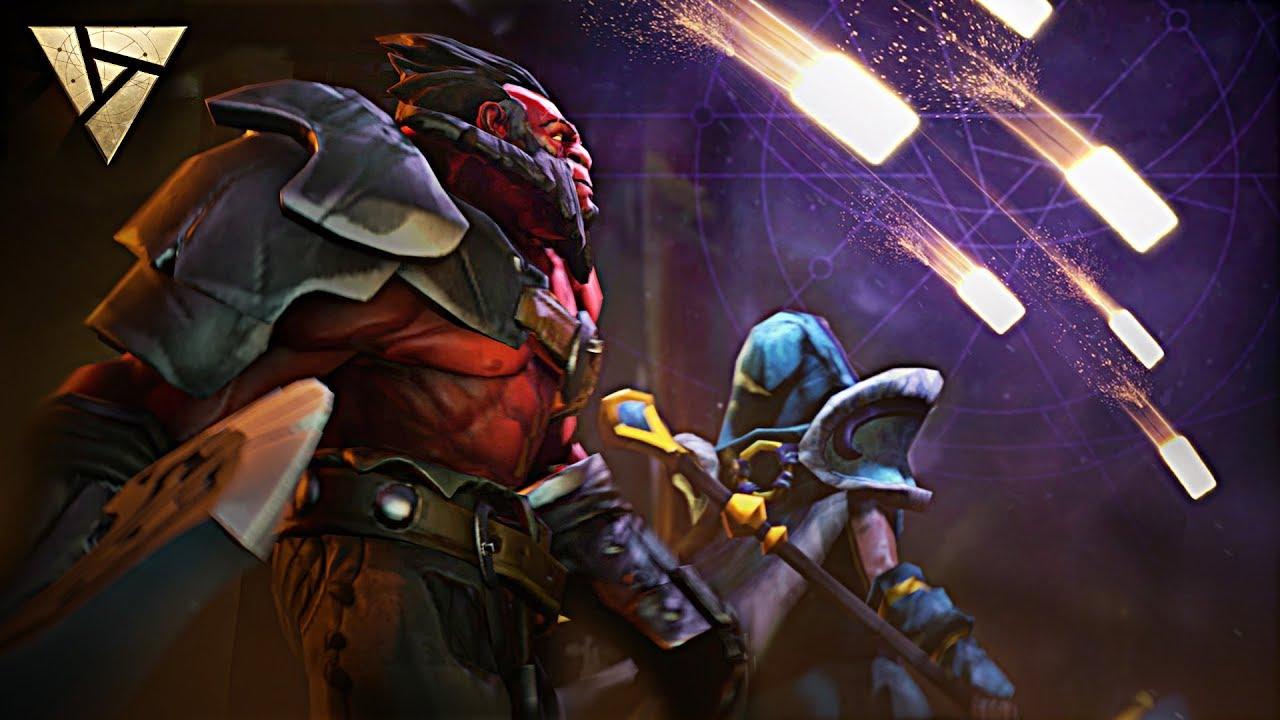
Direct Link
it mainly to squeeze out *further* money from people (in particular, but not only, young people).
That just feels bad. Like I need a shower afterwards.
I don't want games that are addictive and exploit
it mainly to squeeze out *further* money from people (in particular, but not only, young people).
That just feels bad. Like I need a shower afterwards.
I shower every day.
It may cost another $20 to build a competitive deck on the marketplace, if you invest the time to get to grips with the game. That can be enormous fun. Just like with real card games.
The shitstorm will probably break Artifact before it takes off. And that's very unfortunate, because the people who are complaining now don't want a trading card game, but something else. HalfLife³ for example.
And what's wrong with spending money continuously for a game that you play continuously? There are enough games, which after a few years hardly still receive meaningful updates. With Valve it looks different. By the way, even HalfLife still gets updates.
All this has to be financed somehow. But people just want this cheap F2P garbage. Where they then waste thousands of hours with repetitive gameplay, which isn't about anything. For Artifact I may spend another $100 over the next 10 years and get a game with perpetual support and real market players who care about their free time.
They could atleast have made the game free to play if you need to pay for tickets and booster packs.
I will definitaley not sink so much money into a Valve game, even though I really like to play Dota 2.
The thing is with Valve, you don't know when they will abandon the game support.
Maybe Artifact will be supported many years by Valve, so you get a lot of fun for your money.
Maybe Artifact will be left broken, bug ridden and with half-assed features like the other Valve games, like TF2, Dota2 or CS:Go.
All this has to be financed somehow.
Are you trying to kid me?
And who says people that dislike this pricing model want F2P instead?
the people who are complaining now don't want a trading card game, but something else. HalfLife³ for example.This is a total straw man. Most of the negative reviews on Steam are by people who bought the game, presumably because they wanted it. Many of them even speak favorably of the gameplay, so this is just patently false.
people just want this cheap F2P garbage.The main reason people are comparing this unfavorably to f2p garbage is because it has the same business model as said garbage, but without the thing that makes that business model even remotely tolerable: being free.
I don't want games that are addictive and exploit
it mainly to squeeze out *further* money from people (in particular, but not only, young people).
That just feels bad. Like I need a shower afterwards.
All this has to be financed somehow. But people just want this cheap F2P garbage. Where they then waste thousands of hours with repetitive gameplay, which isn't about anything. For Artifact I may spend another $100 over the next 10 years and get a game with perpetual support and real market players who care about their free time.
Firstly, I dont't think F2P games are generally garbage.
The F2P model of Dota 2 for example is pretty good.
I mean just the look at the annual International price pool, which is just money from one event.
The problem is, you will certainly not get 10 years of perpetual support by Valve.
Dota 2 is now 5 years old. It's still a lot of fun but it's clear that Valve reduced the development to the minimum, just to keep the game for a few more years alive. But quality and new features degraded the last years.
There made no events for a long time, they canceled the development of Battle Passes for Majors in favor of Dota+ (which squeezed more money from players, but offers literally nothing).
The game is full of bugs and boosters.
This is just one example of a Valve game. I am pretty sure TF2 and CS:Go people say the same from their game.
So I wouldn't spend too much money for it...
Last edited by theghost on 29 Nov 2018 at 10:18 am UTC
All this has to be financed somehow. But people just want this cheap F2P garbage. Where they then waste thousands of hours with repetitive gameplay, which isn't about anything. For Artifact I may spend another $100 over the next 10 years and get a game with perpetual support and real market players who care about their free time.You can finance something without being that greedy:
MtG Arena, for example, has its problems, but you CAN get more cards for free by just playing. You can get about 1000 gold per day for just playing a while, and playing a draft (you get to keep all the cards you draft + get an extra booster) costs 5000 gold. I wouldn't call that a heavy grind, it requires maybe 1-2 hours pers day. All while you will also earn more boosters and cards for every 5/10/15 wins and other sources, all just by playing.
And you even get some gems, the currency you can also buy for real money (the more you win with your drafted deck, the more gems you get). From 5 or 6 wins with a drafted deck (7 wins is max), you get enough gems to play another draft with it! Even if you don't win a single game with your drafted deck, you still get another booster and some gems.
Spending real money will give you more boosters quicker, but is by no means a requirement.
And the game is free to begin with.
Last edited by TheSHEEEP on 29 Nov 2018 at 10:22 am UTC
You can finance something without being that greedy:
So exactly how greedy is "that greedy"? Do you know how many booster packs you need to get a competitive deck? Do you know the drop chance of the rarest card in the game? Do you know how important the rarest card is for actually winning the game?
All this sounds like some of the reviews on Steam: "This game has not depth to it" (play time 1 hour). Seriously?
I share the worry that it could be abused. But it is too early to tell. So I spent 18 Euro to find out. I spent that much on a game with 5 hours of gameplay, so I'm sure it'll be worth at least that amount. Unless I don't enjoy the game, then I have learned at least that fact.
On a scale, I would say about 10/Ferengi.You can finance something without being that greedy:
So exactly how greedy is "that greedy"?
I don't know how more greedy you can get other than not even allowing people to earn new cards just by playing.
Maybe raise the prices a bit?
Or are they trying to establish something like MtGO here, which is specifically aimed at professionals and kind of an economy of its own? I doubt it.
Last edited by TheSHEEEP on 29 Nov 2018 at 10:49 am UTC
I would like to point out, even as rubbish as I am with simply the starter content you're given for purchasing it - I've won quite a lot of games against people with a lot of cards I don't have. Buying more cards isn't always the answer, knowing how to use the cards you've got together is.That's a mark of a well-designed core system, but I don't think anyone criticizes the core game itself (or at least not many do).
MtG also allows you beat a very expensive deck with a rather cheap one, if the cheap one is a good deck, and you play it well.
Last edited by TheSHEEEP on 29 Nov 2018 at 10:54 am UTC
I would like to point out, even as rubbish as I am with simply the starter content you're given for purchasing it - I've won quite a lot of games against people with a lot of cards I don't have. Buying more cards isn't always the answer, knowing how to use the cards you've got together is.
Is that also the case at competitive drafting (which is paid by tickets) ?
i'm implying that valve could have made something much better then yet another digital card game that got them booed out of the building when they first announced it
Again, one doesn't exclude the other. Valve consists of many smaller teams. Just because one team created Artifact doesn't mean the other teams aren't creating other games.
no one not even die hard dota 2 fans asked for or even wanted this game
So?
honestly it's just yet another digital card game when it could have been something better like a whole new franchise from valve that proves they don't need half life to make the next great game
but now it seems like valve just wants to be another EA imo
If they were EA they would crank out another Half-Life every year.
With drafting, both sides pick cards out of stuff at random, even stuff you don't own.I would like to point out, even as rubbish as I am with simply the starter content you're given for purchasing it - I've won quite a lot of games against people with a lot of cards I don't have. Buying more cards isn't always the answer, knowing how to use the cards you've got together is.
Is that also the case at competitive drafting (which is paid by tickets) ?
With drafting, both sides pick cards out of stuff at random, even stuff you don't own.I would like to point out, even as rubbish as I am with simply the starter content you're given for purchasing it - I've won quite a lot of games against people with a lot of cards I don't have. Buying more cards isn't always the answer, knowing how to use the cards you've got together is.
Is that also the case at competitive drafting (which is paid by tickets) ?
Thx for the answer, Liam.
Did you try Keeper's Draft alreay? How balanced is the matchmaking at this drafting?
Do I understand that right, that Keeper's Draft costs tickets and also booster packs from your inventory and you might win new tickets and packs?
Only for the expert mode. There's draft modes available for casual too :). All the fun, none of the risk.With drafting, both sides pick cards out of stuff at random, even stuff you don't own.I would like to point out, even as rubbish as I am with simply the starter content you're given for purchasing it - I've won quite a lot of games against people with a lot of cards I don't have. Buying more cards isn't always the answer, knowing how to use the cards you've got together is.
Is that also the case at competitive drafting (which is paid by tickets) ?
Thx for the answer, Liam.
Did you try Keeper's Draft alreay? How balanced is the matchmaking at this drafting?
Do I understand that right, that Keeper's Draft costs tickets and also booster packs from your inventory and you might win new tickets and packs?
i'm implying that valve could have made something much better then yet another digital card game that got them booed out of the building when they first announced it
Again, one doesn't exclude the other. Valve consists of many smaller teams. Just because one team created Artifact doesn't mean the other teams aren't creating other games.
no one not even die hard dota 2 fans asked for or even wanted this game
So?
honestly it's just yet another digital card game when it could have been something better like a whole new franchise from valve that proves they don't need half life to make the next great game
but now it seems like valve just wants to be another EA imo
If they were EA they would crank out another Half-Life every year.
If they were just like every other trepel ayeee company they would make yet another card game because heartstone and gwent did it over doing something else
Why don't you just make a rational argument? :/
Last edited by SolipsistWerewolf on 29 Nov 2018 at 2:19 pm UTC
The business model alone is enough to drive me away. The era of pay-to-pay is here.
The era is here? You had to buy World of Warcraft and still pay every month. Or what about all other real TCGs? As if that's anything new.
The business model alone is enough to drive me away. The era of pay-to-pay is here.
The era is here? You had to buy World of Warcraft and still pay every month. Or what about all other real TCGs? As if that's anything new.
I meant that the practice is getting more common in the AAA space, not that Artifact is the first one ever.
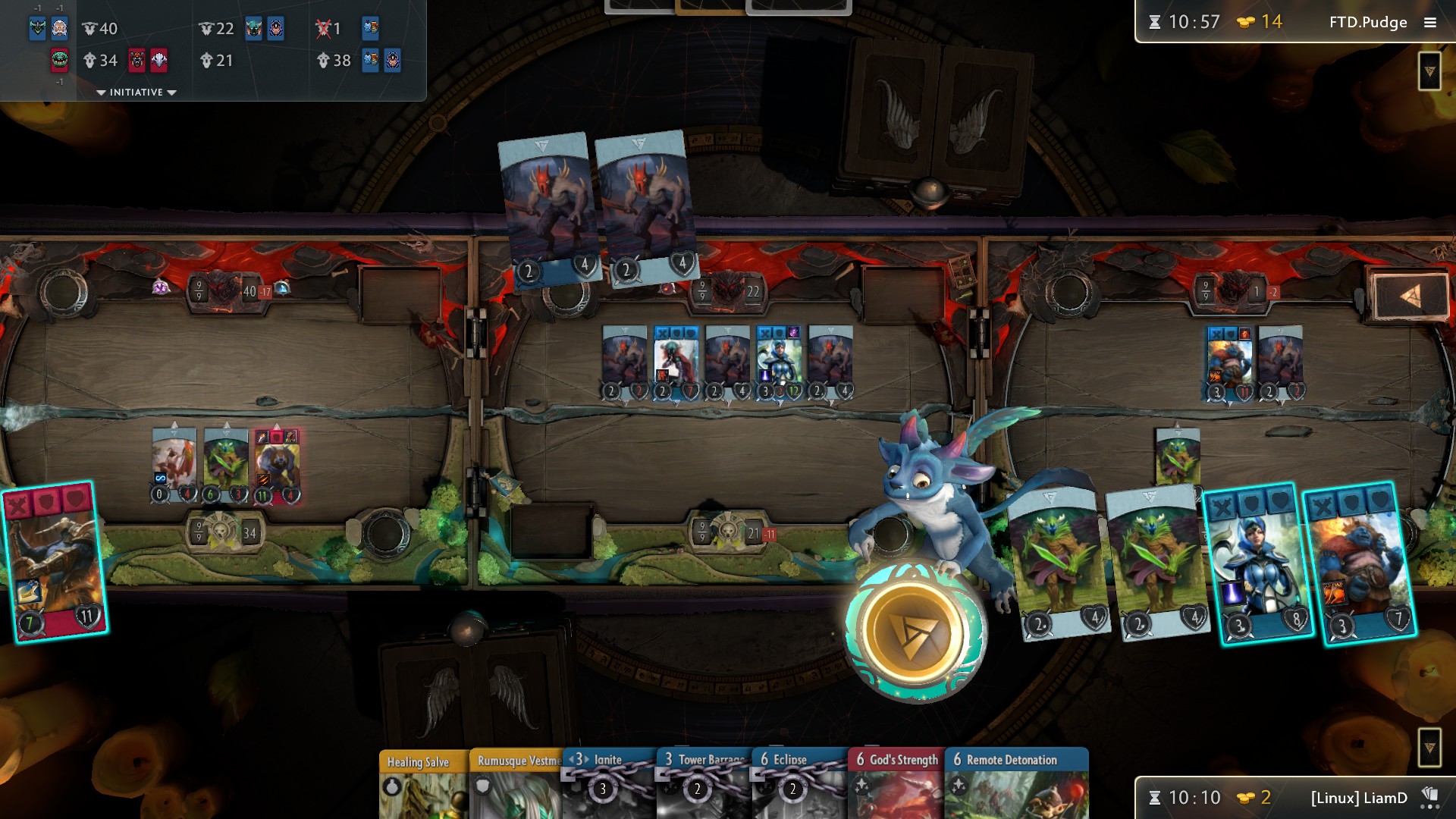
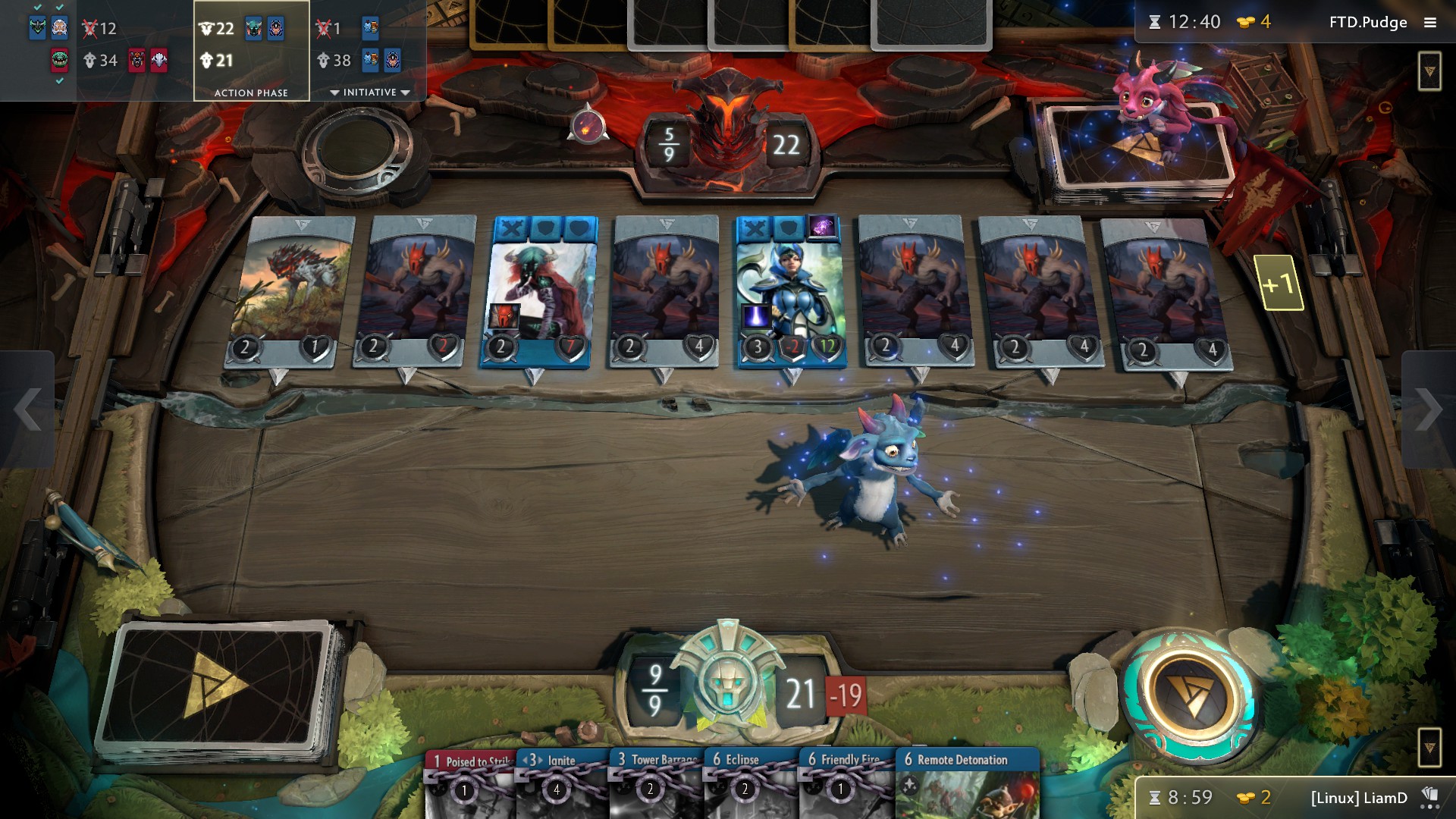
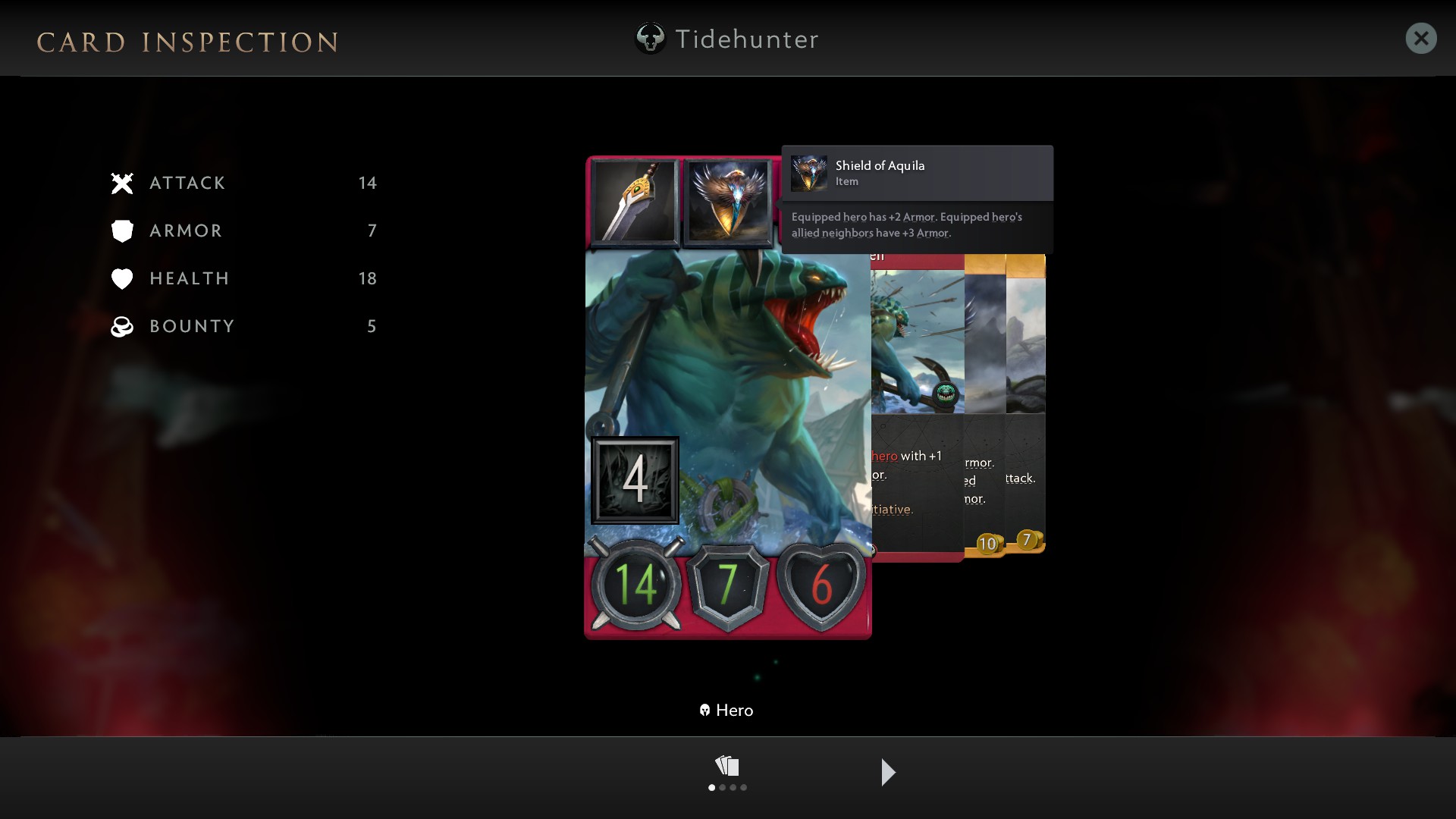
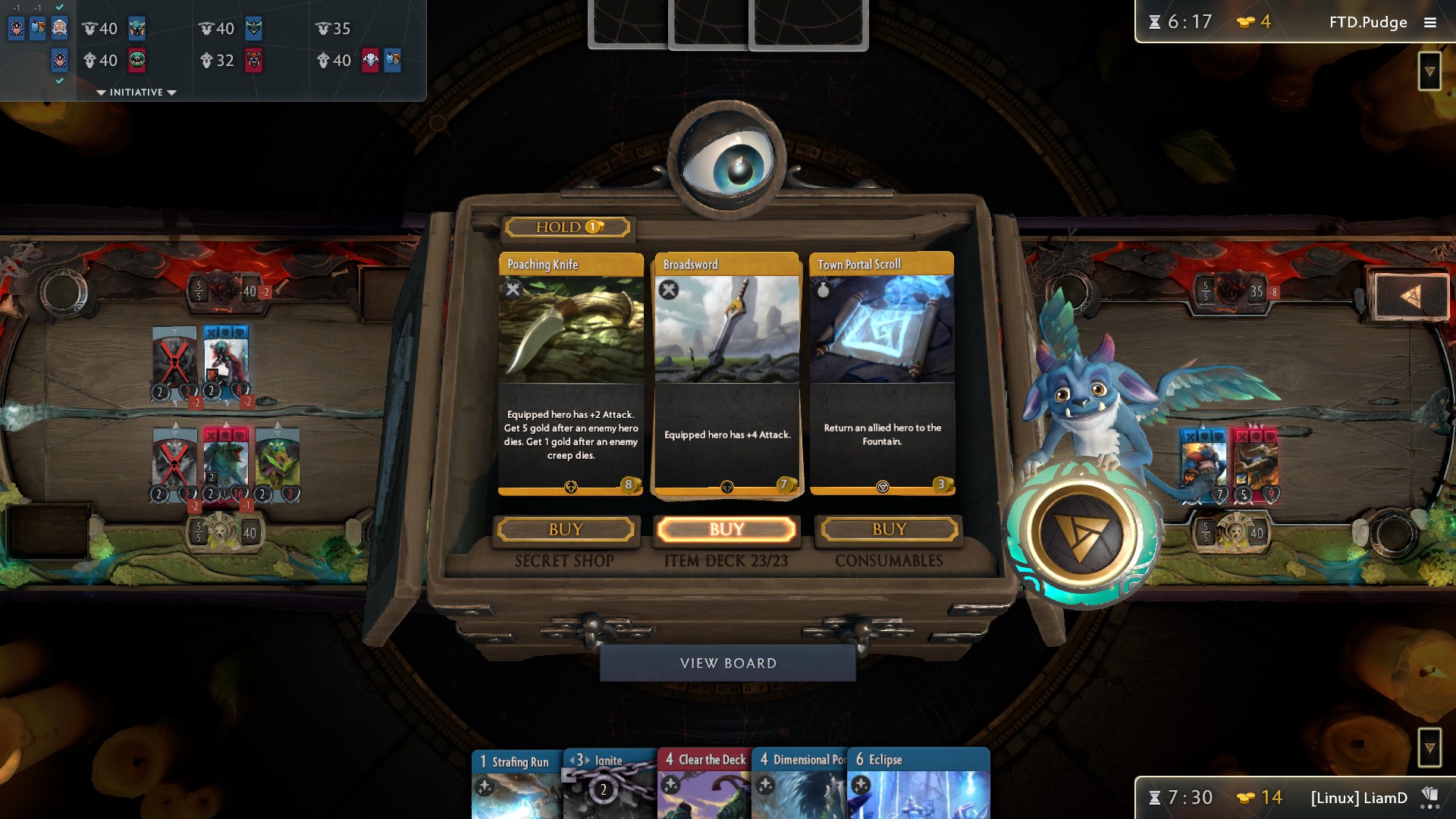
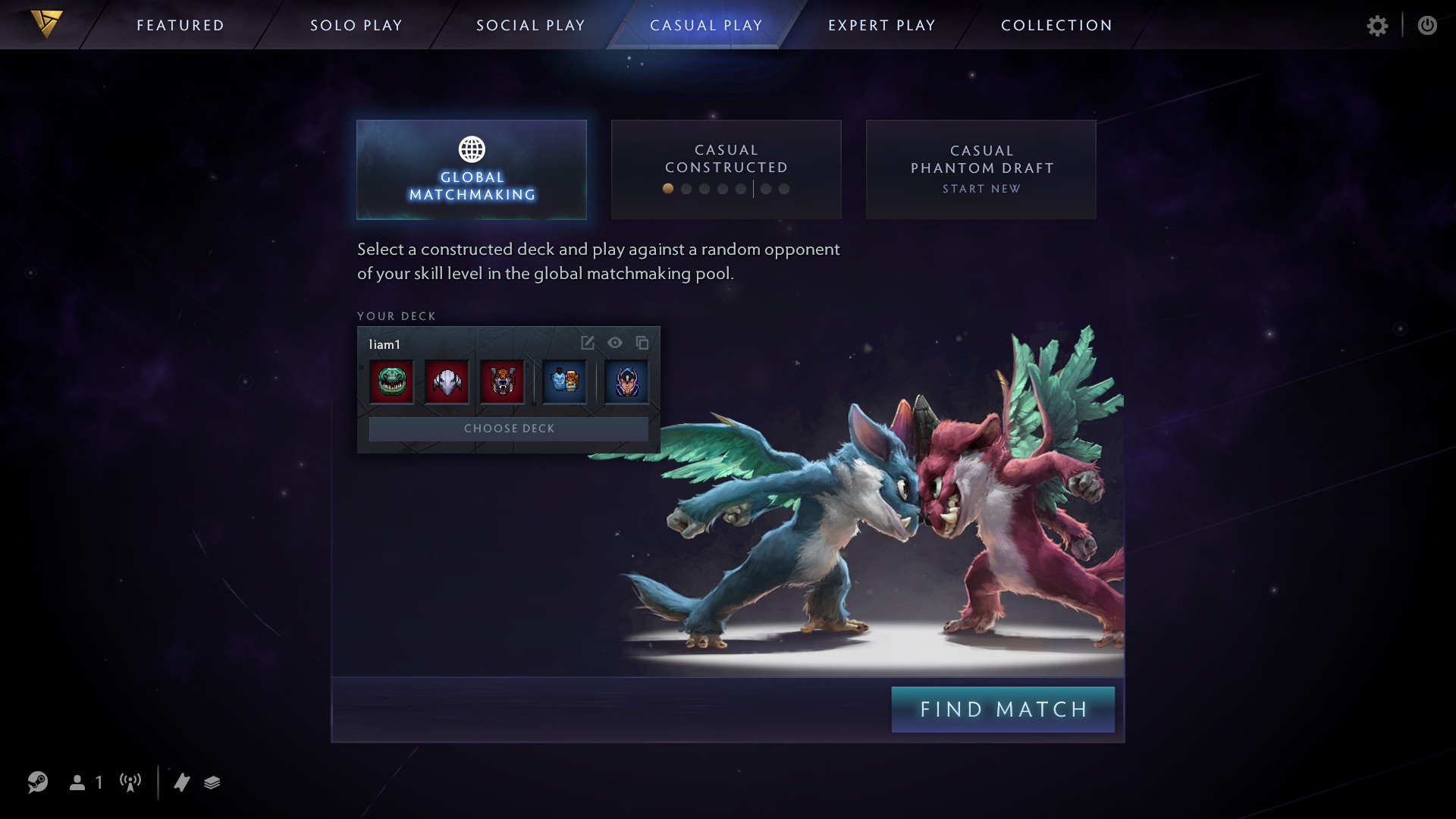
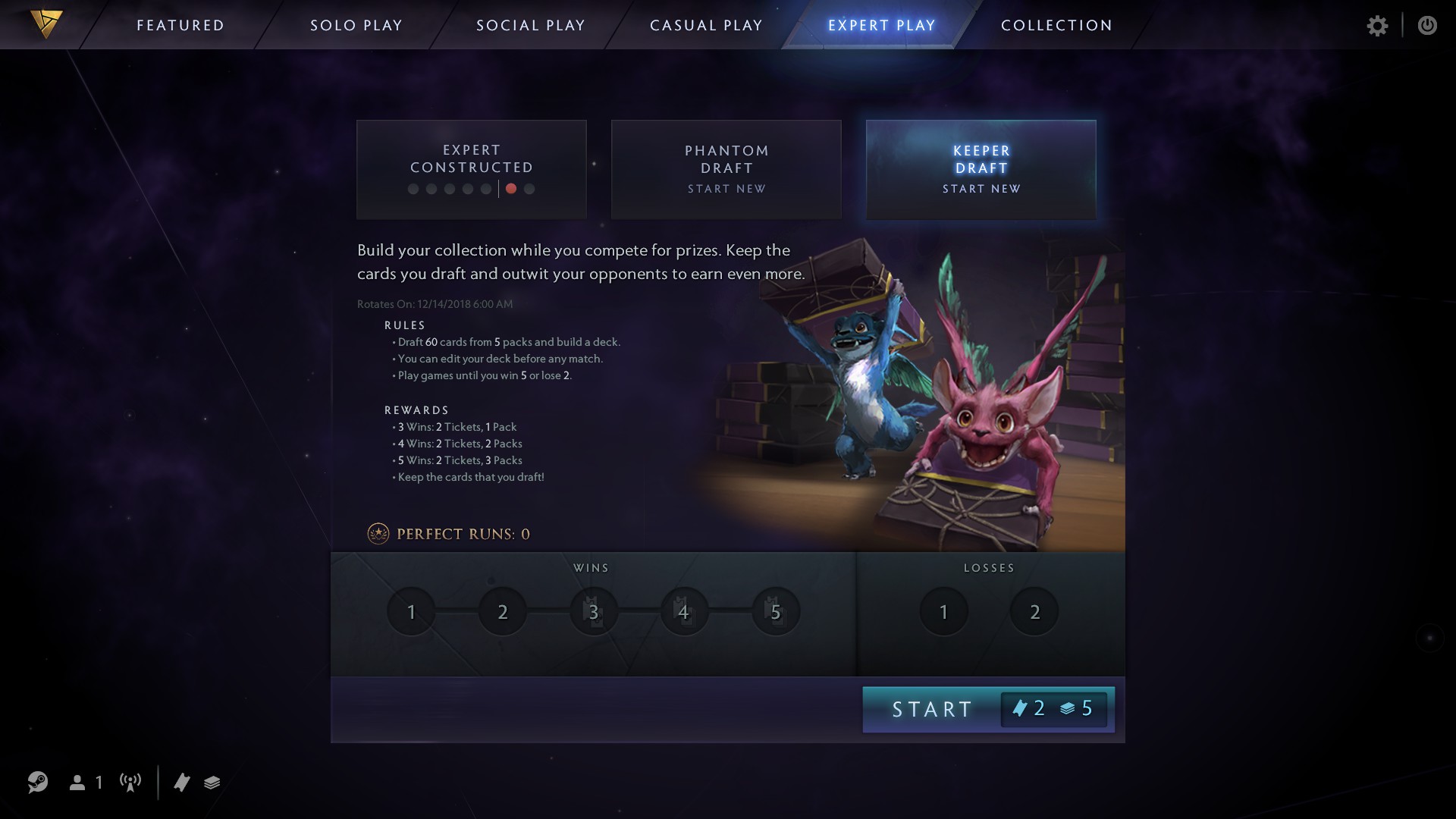
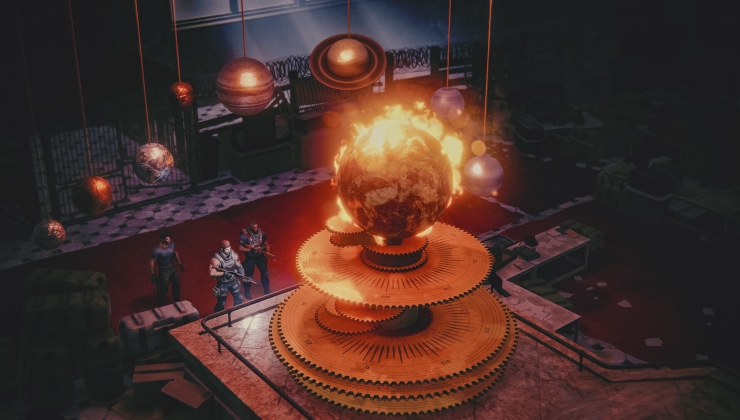
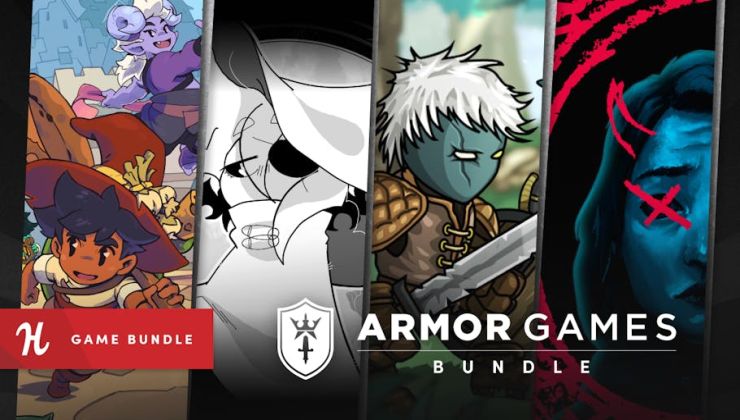

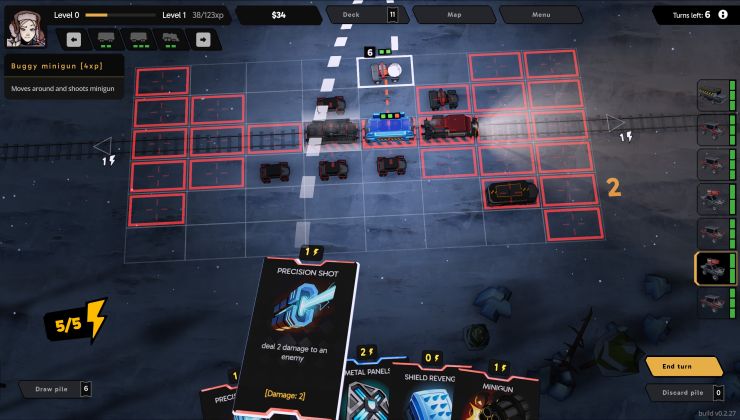





 How to set, change and reset your SteamOS / Steam Deck desktop sudo password
How to set, change and reset your SteamOS / Steam Deck desktop sudo password How to set up Decky Loader on Steam Deck / SteamOS for easy plugins
How to set up Decky Loader on Steam Deck / SteamOS for easy plugins
See more from me